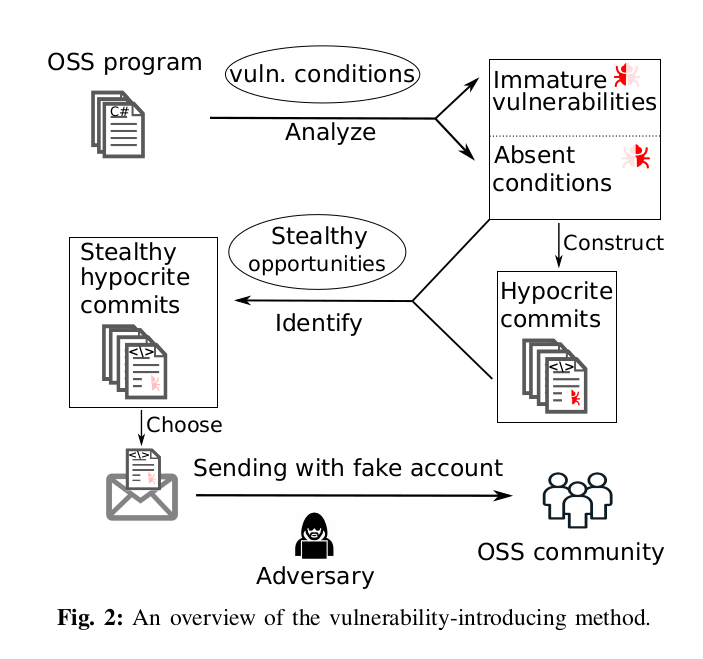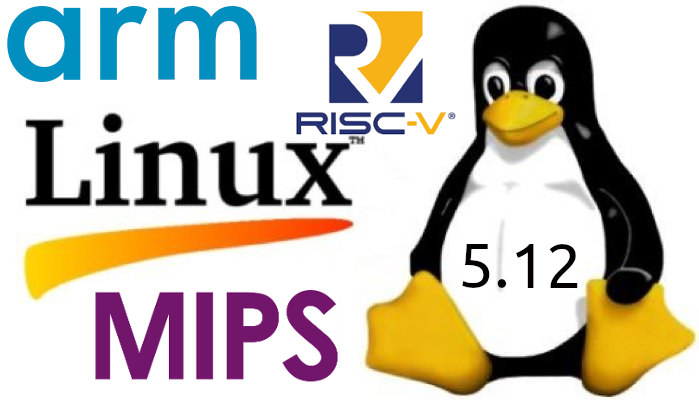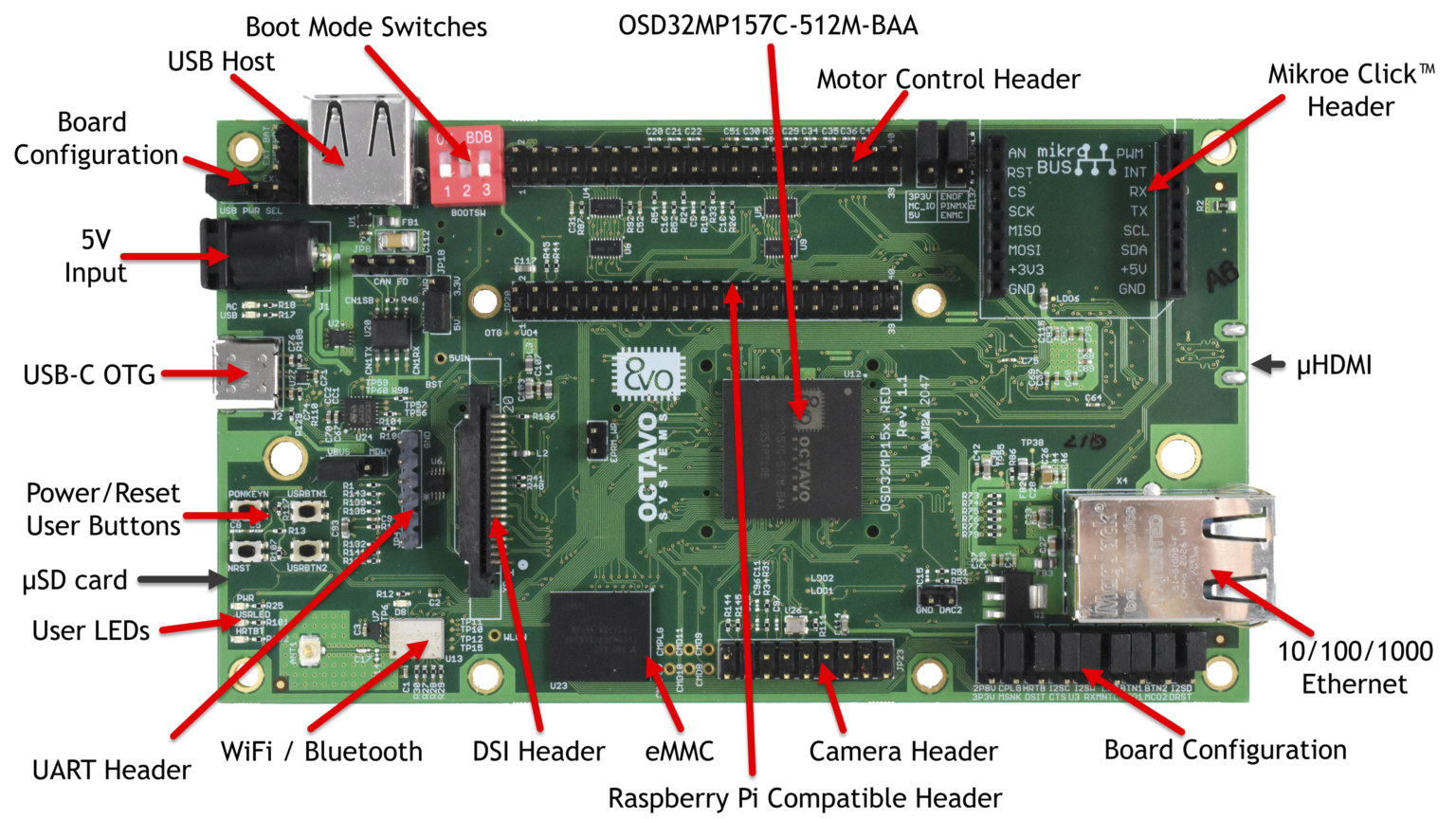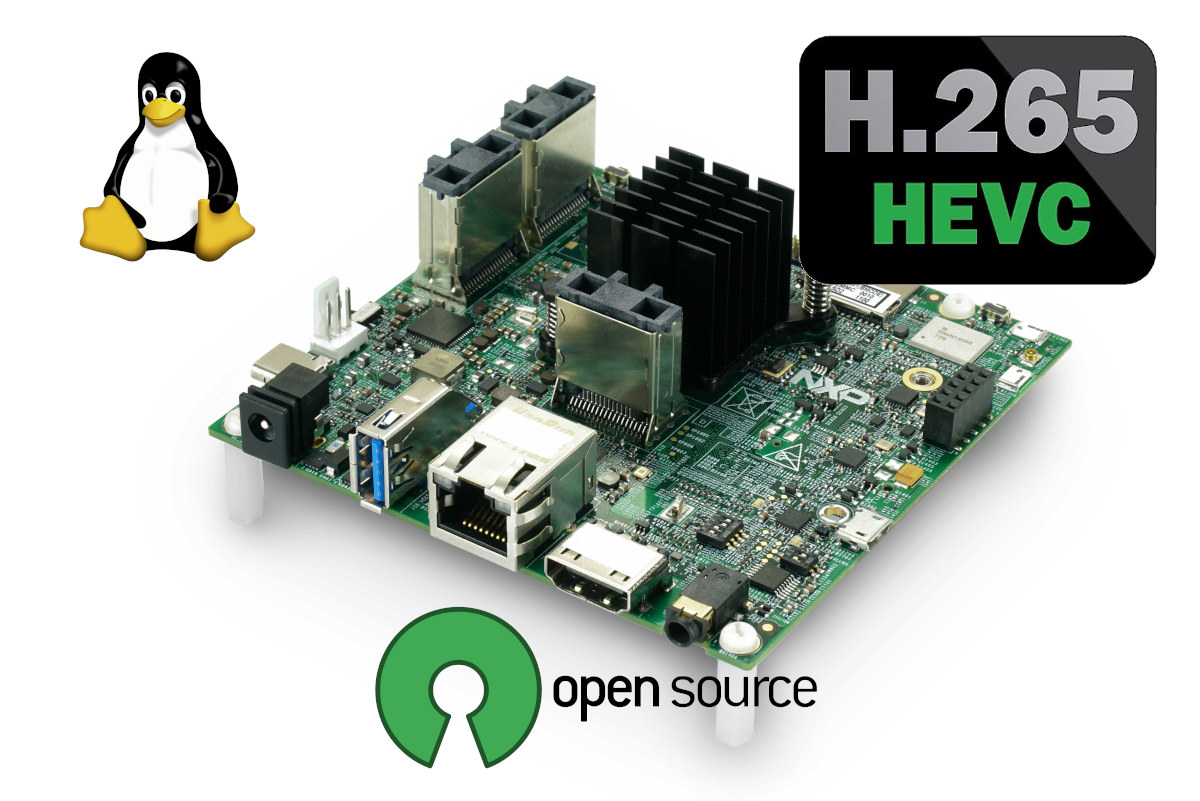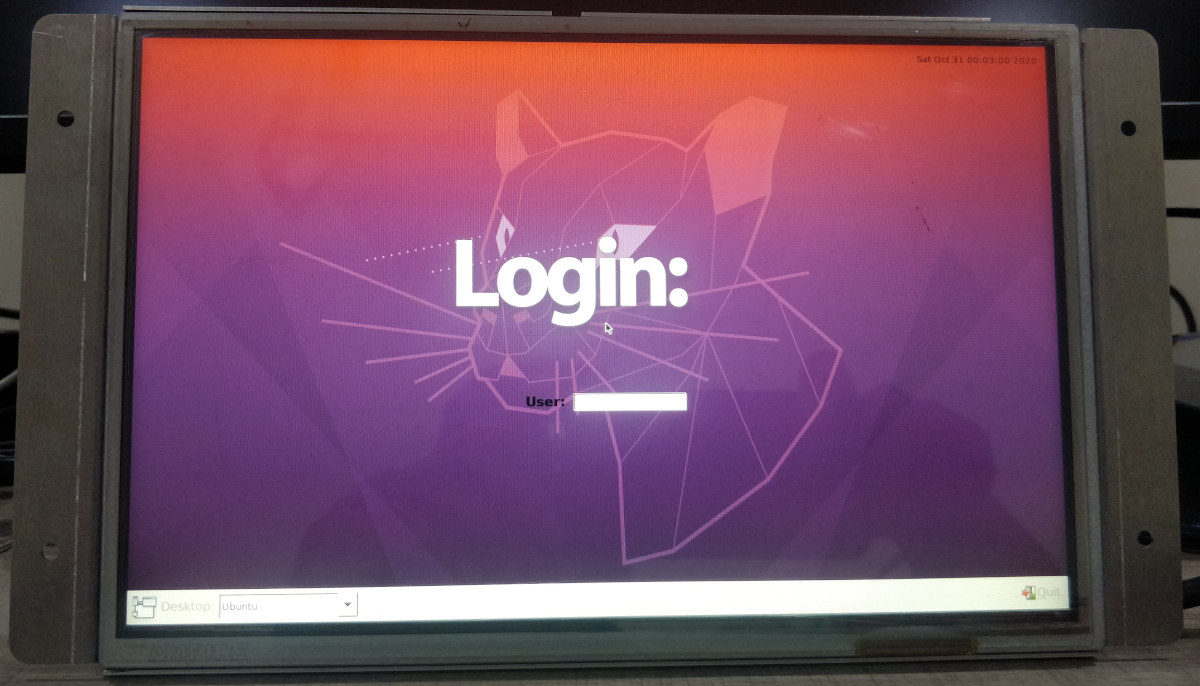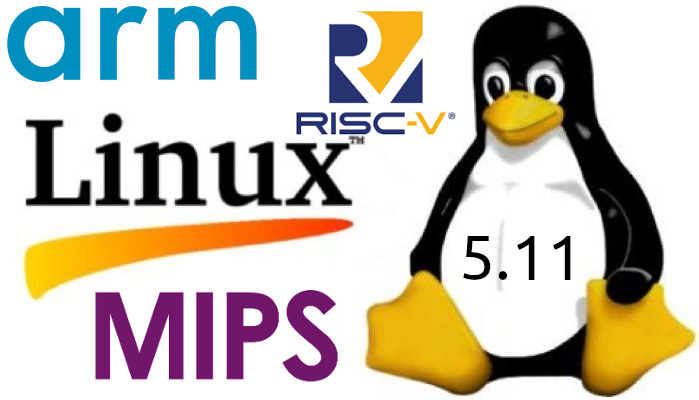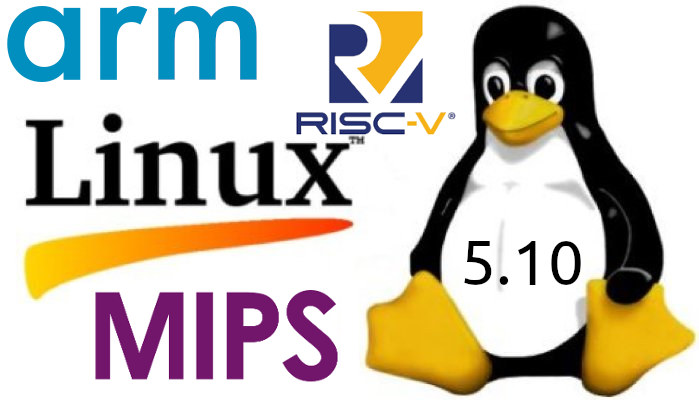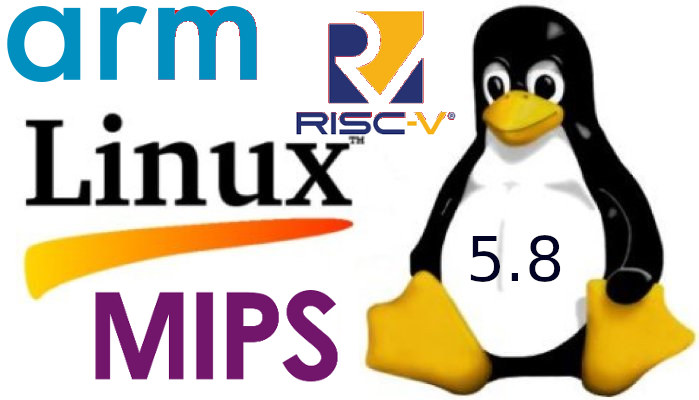We just reported about the Linux 5.12 changelog with a focus on Arm, MIPS and RISC-V targets on Tuesday, and at the time, the expectation was a delay of about one week after Linux 5.12-rc8 was outed on Sunday, April 18. But Linux 5.12 could be further delayed due to shenanigans from two Ph.D. students doing a research project on open-source vulnerability at the University of Minnesota. This was announced by Greg Kroah-Hartman on the Linux kernel mailing list. Commits from @umn.edu addresses have been found to be submitted in “bad faith” to try to test the kernel community’s ability to review “known malicious” changes. The result of these submissions can be found in a paper published at the 42nd IEEE Symposium on Security and Privacy entitled, “Open Source Insecurity: Stealthily Introducing Vulnerabilities via Hypocrite Commits” So their work at to be reverted with 190 reversions so far. It also […]
Linux 5.12 – Main Changes, Arm, MIPS and RISC-V Architectures
Linux 5.12 release was expected last Sunday, but Linus Torvalds decided to release one more release candidate, namely Linux 5.12-RC8, to “make sure things are all settled down“, so the latest Linux kernel is now expected this weekend. Tihs should not yield any significant changes, so we can check what’s new in Linux 5.12, notably with regards to Arm, MIPS, and RISC-V architectures often used in SoC’s found in embedded systems. Around two months ago, the release of Linux 5.11 added support for Intel’s software guard extensions (SGX) and Platform Monitoring Technology (PMT), AMD “Van Gogh” and “Dimgrey cavefish” graphics processors, MIPI I3C host controller interfaces, and much more. Some interesting changes in Linux 5.12 include: Added support for ACRN hypervisor designed for IoT & embedded devices Added support for Playstation DualSense & Nintendo 64 game controllers, as well as Nintendo 64 data cartridges Dynamic thermal power management via a […]
OSD32MP1-RED full-featured STM32MP1 development board launched for $265
OSD32MP1-RED development board was first announced last year together with another board based on Octavo Systems OSD32MP1 System-in-Package (SiP). The chip packs an STMicro STM32MP1 Cortex-A7/M4 processor, up to 1GB DDR3L memory, 4KB EEPROM, a PMIC, two low-power MEMS oscillators, over 100 passive components into a single 18x18mm 302 Ball BGA package. The company has now just announced the availability of the OSD32MP1-RED development platform on DigiKey, Arrow, and Mouser for around $265 and up. There have been a few modifications to the design with, for instance, the USB header replaced by a USB Type-A connector, but the most notable difference is that OSD32MP1-RED is now using a green PCB instead of the red one showed during the first announcement… OSD32MP1-RED specifications: SiP – Octavo Systems OSD32MP157C-512M-BAA with STM32MP157C SoC with dual-core Arm Cortex-A7, Cortex-M4 real-time core, plus 512MB DDR3 memory, STPMIC1A power management chip, EEPROM, oscillator, and passive components […]
Open-source H.265/HEVC Hantro G2 decoder driver added to NXP i.MX 8M in Linux
Getting open-source multimedia drivers on Arm Linux is one of the most difficult tasks, that’s why there’s no much talk about open-source GPU drivers for 2D & 3D graphics acceleration, but work on video hardware decoding and encoding is also a challenge. We’ve previously seen Bootlin work on Cedrus open-source driver for Allwinner VPU (Video Processing Unit), but Collabora has been working on open-source drivers for VeriSilicon’s Hantro G1 and G2 VPU found in some Rockchip, NXP, and Microchip processors. The company previously managed to have Hantro G1 open-source driver for JPEG, MPEG-2, VP8, and H.264 codecs, but H.265/HEVC relies on Hantro G2, and the patch for H.265 hardware video decoding on NXP i.MX 8M Quad has just been submitted to mainline Linux. Benjamin Gaignard explains more in his commit message: The IMX8MQ got two VPUs but until now only G1 has been enabled This series aim to add the […]
Engicam PX30.Core SoM & devkit run Ubuntu 20.04 with mainline Linux
Linux 5.11 was released a few days ago, and it’s always interesting to check out the changelog to find new hardware platforms that support mainline Linux. One of those is Engicam PX30.Core SoM based on Rockchip PX30 quad-core Arm Cortex-A35 processor. Engicam also worked with Amarula Solutions to develop an Ubuntu 20.04 image with mainline Linux compatible with EDIMM 2.2 and CTouch 2.0 carrier boards for PX30.Core CPU module. Engicam PX30.Core SoM Specifications: SoC – RockChip PX30 quad-core Arm Cortex-A35 @ 1.2GHz with Mali-G31 MP2 GPU with support for OpenGL ES 1.1, 2.0, and 3.2, OpenCL 2.0, Vulkan VX 1.0, 1080p60 video encoding/decoding System Memory – Up to 2 GB DDR4 Storage – 4GB eMMC flash (other capacities on request) Audio – Audio codec on module SO-DIMM edge connector Display Interfaces – 24-bit Parallel RGB, 18/24-bit LVDS Camera interface – 4-lane MIPI-CSI for up to 8MP camera Audio – I2S […]
Linux 5.11 Release – Main Changes, Arm, MIPS & RISC-V Architectures
Linus Torvalds has released Linux 5.11 just in time for… “Valentine’s Day”: Nothing unexpected or particularly scary happened this week, so here we are – with 5.11 tagged and pushed out. In fact, it’s a smaller-than-average set of commits from rc7 to final, which makes me happy. And I already have several pull requests lined up for tomorrow, so we’re all set for the merge window to start. But in the meantime – and yes, I know it’s Valentine’s Day here in the US – maybe give this release a good testing before you go back and play with development kernels. All right? Because I’m sure your SO will understand. Linus Last time around, Linux 5.10 was an LTS release that added EXT-4 performance enhancements, improved post-Spectre performance, as well as the enablement of BCM2711 (Raspberry Pi 4) display pipeline, among other many changes. Some of the notable changes in […]
Linux 5.10 LTS release – Main changes, Arm, MIPS and RISC-V architectures
Linus Torvalds has just released Linux 5.10: Ok, here it is – 5.10 is tagged and pushed out. I pretty much always wish that the last week was even calmer than it was, and that’s true here too. There’s a fair amount of fixes in here, including a few last-minute reverts for things that didn’t get fixed, but nothing makes me go “we need another week”. Things look fairly normal. It’s mostly drivers – as it should be – with a smattering of fixes all over: networking, architectures, filesystems, tooling.. The shortlog is appended, and scanning it gives a good idea of what kind of things are there. Nothing that looks scary: most of the patches are very small, and the biggest one is fixing pin mapping definitions for a pincontrol driver. This also obviously means that the merge window for 5.11 will start tomorrow. I already have a couple […]
Linux 5.8 Release – Main Changes, Arm, MIPS, and RISC-V Architectures
Linus Torvalds has just released Linux 5.8: So I considered making an rc8 all the way to the last minute, but decided it’s not just worth waiting another week when there aren’t any big looming worries around. Because despite the merge window having been very large, there really hasn’t been anything scary going on in the release candidates. Yeah, we had some annoying noise with header file dependencies this week, but that’s not a new annoyance, and it’s also not the kind of subtle bug that keeps me up at night worrying about it. It did reinforce how nice it would be if we had some kind of tooling support to break nasty header file dependencies automatically, but if wishes were horses.. Maybe some day we’ll have some kind of SAT-solver for symbol dependencies that can handle all our different architectures and configurations, but right now it’s just a manual […]


